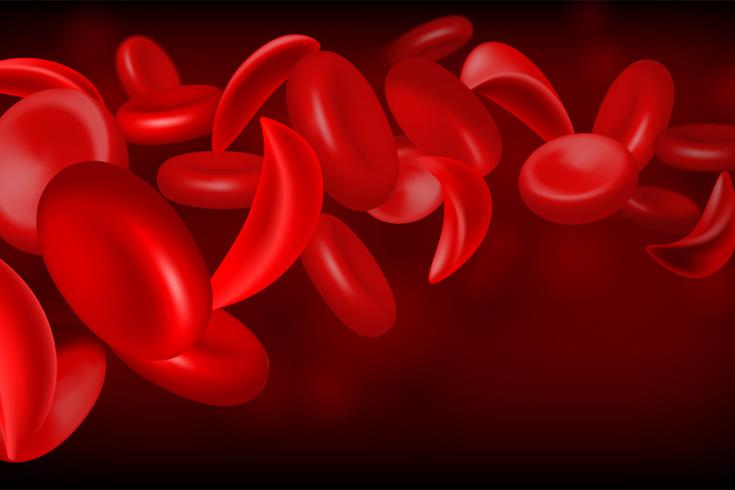
Nationally Recognized Law Firm
Since 1979, our attorneys have had a strong record of taking landmark actions for consumers and workers, we began with asbestos and tobacco cases and today represent hurt people and entities in a wide variety of cases. We're honored to be recognized.
No aspect of this advertisement has been approved by the Supreme Court of New Jersey.










